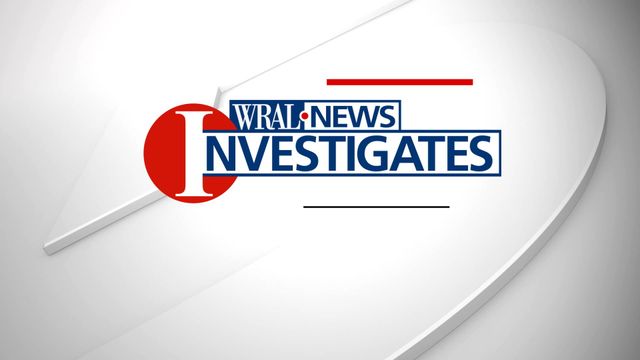N.C. stimulus director discusses projects
The governor’s mansion in Raleigh is where important decisions are made and big deals are brokered. But across the street, the fate of $6 billion in stimulus money rests inside a small, quaint building which houses the state’s Office of Economic Recovery & Investment.
Posted — UpdatedNorth Carolina stimulus director Dempsey Benton is in charge of watching the money and said his goal is to use the funds to get people jobs and spark the economy.
The WRAL Investigates team looked at several stimulus projects that made the priority list and asked Benton about them.
Benton said it’s important to note that selected projects must be completed in three years.
“If (we) leave (money) on the table, a year from now (the money) will be taken by the federal government and allocated to other states,” he said.
Durham gets almost $76,000 for a streetscape project on North Duke and North Gregson streets which eliminates 29 trees and adds 103. At the contract amount, that's equal to $575 a tree. Benton said the value isn't in the trees, but the people who get the job.
“If they’re sitting on the sidelines while we’re pouring asphalt, they’re unemployed,” he said.
In Cary, $95,000 is estimated for four bus stop shelters, which is $22,000 apiece for a concrete pad, benches, a cover and solar lighting. The shelters will be at North Harrison Avenue and Maynard Drive and Kildaire Farm Road and Wrenn Drive.
Currently, there are only two bus shelters in Cary. By providing more, town officials said they can protect people who ride the bus from the elements and possibly encourage more people to use the bus system.
“These are tough economic times and people are looking for ways to save, and one way is to ride public transit,” said Ray Boylston, Cary Transit Services’ administrator.
Brasco International, the manufacturer of Cary's bus shelters, said the company is able to retain one of its jobs because Cary ordered more shelters.
Jacksonville is getting $1.5 million for public transit. Part of that will buy five new buses to replace existing ones. Also tucked into that grant is money for bus upgrades, such as automated voice stops.
Another stimulus project is the renovation of the Kitty Hawk Rest Area, which will cost $202,000.
Investment advisor Ken Bell said he thinks the spending sends the wrong message.
“I don’t think this money should be spent at all. We’re trying to maintain a level of economic activity that we should’ve never gotten into in the first place,” said Bell, who is president of Aspera Financial.
North Carolina State University professor Robert Handfield said it will take more than a stimulus package to get a jump start.
“In this case, it’s a combination of both the stimulus help in the short term and there is going to have to be a lot of growth from other sectors including consumer and spending,” said Handfield, who is a distinguished professor of supply chain management.
The spending isn't finished, Benton said. Many projects are contracting out for less than expected, meaning more projects will be completed. Benton said the projects are working and creating jobs.
The WRAL Investigates team also wants to hear from you if you see waste or fraud. Call 1-877-WRAL TIP, or e-mail investigates@wral.com.
• Credits
Copyright 2024 by Capitol Broadcasting Company. All rights reserved. This material may not be published, broadcast, rewritten or redistributed.





